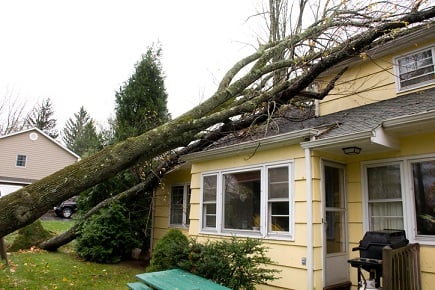Due to the recent string of catastrophic events and the heavy losses they have caused, (re)insurers’ capital could weaken and the chance of ratings downgrades could increase, Fitch Ratings has said.
Earlier this month, the global credit ratings agency initially stated that Hurricane Harvey was unlikely to trigger ratings downgrades, calling Harvey “an earnings and not capital event for the industry.”
Celebrate excellence in insurance. Join us at the Insurance Business Awards in Chicago on October 26.
However, now Fitch believes that 2017’s catastrophe losses for the global insurance and reinsurance sectors will exceed $100 billion and could even hit nearly $190 billion on a pretax basis. Citing figures from AIR Worldwide, Fitch also noted that upper-end loss estimates for Hurricane Maria alone are $85 billion, and that this can be added to $50 billion from Hurricane Irma, $25 billion from Hurricane Harvey, $3 billion from Mexico earthquakes, and over $20 billion in first-half catastrophic losses from various other events.
“Given the magnitude of the Maria-estimated losses, we now believe that 2017 catastrophe losses will constitute a capital event for a number of (re)insurance companies, as opposed to just an earnings event,” the ratings agency said.
Learn more about flood insurance at the Future of Flood event being held in Miami, Florida on November 16. Click here for more details and to register.
Fitch explained that while the industry started the year with very strong capital levels – greatly limiting solvency risks – the combined loss concentrations of these catastrophes could still put some (re)insurers on the ropes.
“[We] believe there is heightened risk that combined loss concentrations to these events for several (re)insurers will result in a capital decline for full-year 2017,” it said. “In some cases, this could result in ratings downgrades if not addressed through capital raises or other mitigating actions.”
Citing its ratings coverage, Fitch said that global reinsurers are likely to be the most exposed to the major natural disaster events as of late, but it noted that some larger diversified primary insurers in America and several global entities will report material catastrophe losses.


